
During a recent webinar, journalists and scholars from northern Central America describe the threats and violence they face at home. For some, it’s led to exile, but not to giving up.
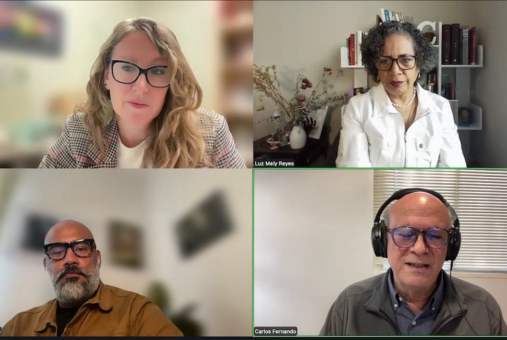
The founders of Revista Factum, Efecto Cocuyo and Confidencial continue to document their governments’ repression. In a Knight Center panel, they explain why continuing their work from abroad is essential.
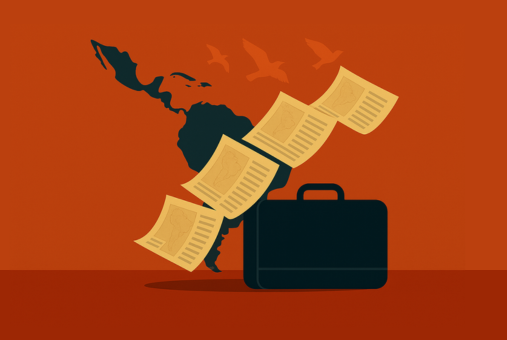
As repression and job insecurity drives reporters from their countries, founders of three independent outlets will discuss practicing journalism in exile during a free online event.
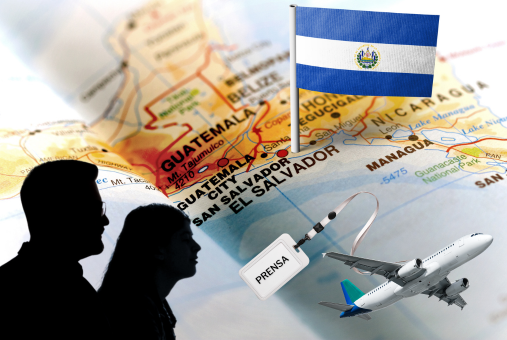
The Salvadoran Journalists Association says it can no longer report attacks on freedom of expression from within the country, citing a law that "criminalizes" them and restricts foreign funding.
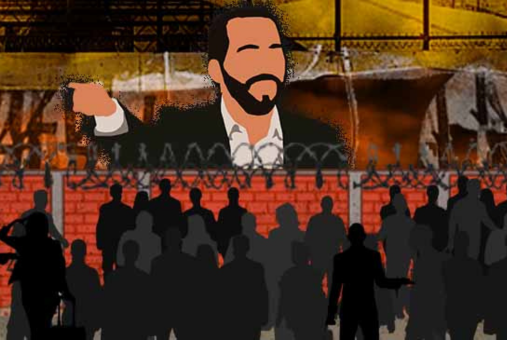
At least 47 journalists have fled to Guatemala, Mexico and Europe, as Bukele criminalizes the press and opposition.

A new report finds online harassment, disproportionate caregiving burdens, and workplace bias are pushing exiled women journalists from Central America to altogether leave the profession.
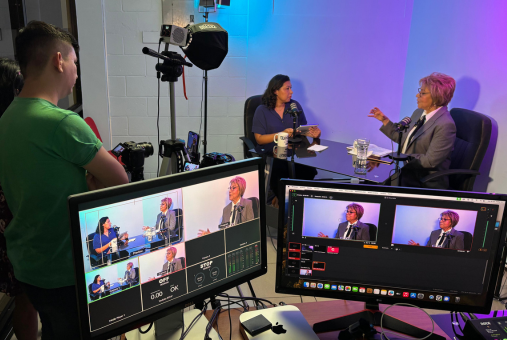
The sudden halt in U.S. government support has left dozens of Latin American newsrooms scrambling to stay afloat. While some have begun tapping into new revenue sources, most still face an uphill battle for long-term sustainability.
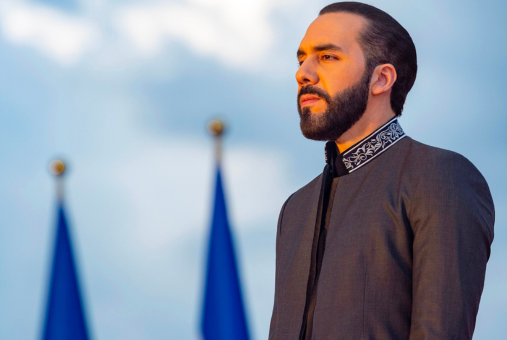
An aggressive new law taxing foreign funding, along with arrests of government critics, signals a deepening authoritarian turn in El Salvador.
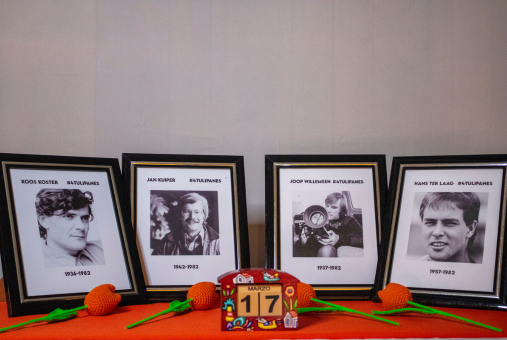
A Salvadoran court sentenced three former officers to 15 years in prison for ordering an ambush that killed four Dutch journalists during the civil war. It’s the first time a crime of humanity documented by the UN Truth Commission has led to a conviction in El Salvador.

El Faro, the leading investigative outlet in El Salvador, says the government is preparing arrest warrants against its journalists following publication of interviews linking President Nayib Bukele’s political rise to support from gangs.
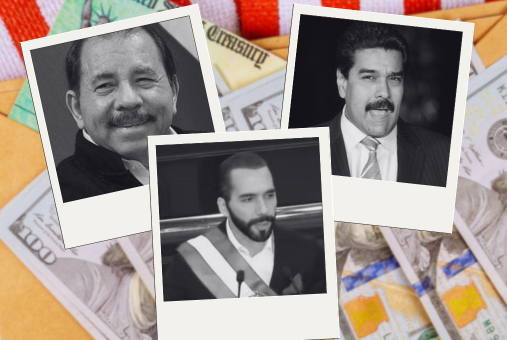
While authoritarian leaders in Latin America discredit media funded by US entities, journalists argue that these funds do not dictate their agendas, but rather support informative work in repressive contexts.

Women journalists in El Salvador face relentless online abuse, including slander and threats of sexual violence. Some choose to self-censor and withdraw from public and online spaces.